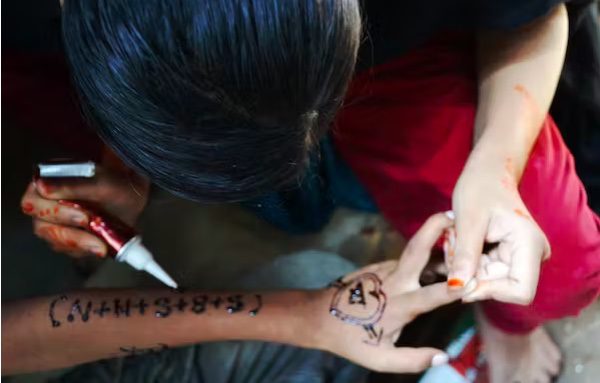
Human trafficking, sexual abuse and exploitation: the ‘loss and damage’ from climate change a fund will not compensate
Violence against women and children, including sexual abuse and exploitation, remains a taboo subject in the policy debates attended by international delegates at COP28, the latest round of the UN climate negotiations in Dubai. However, the connections between climate change and gender-based violence, including human trafficking, are real and already blight lives worldwide.
Countries at COP28 have agreed to set up a loss and damage fund which would pay poor nations for the irreparable harm caused by the deteriorating climate. How can we compensate non-economic loss and damage – the impacts of climate change that cannot be easily measured in monetary terms?
To answer this question, we must understand how these impacts already affect people in the world’s most vulnerable regions. By interviewing people in Bangladesh, Fiji and Vanuatu, we found that climate change is a trigger that can worsen, intensify or prolong the perpetration of violence and coercive control.
